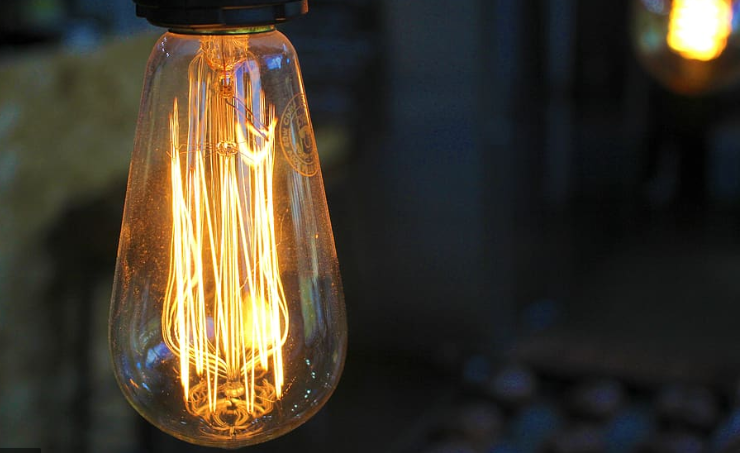Living with load shedding - how prepared are you for when the lights come back on?
Updated | By Wendy Knowler
It’s annoying when the power gets cut during “load
shedding”, but it’s when it comes back on that our precious appliances and
electronics are most at risk, says Wendy Knowler

Listen to the audio here:
Load shedding is, sadly, not new to us anymore, it could be argued that we should all know how to protect our appliances and electronics from load-shedding related power surges by now.
But it’s still a pretty extraordinary thing to have to live with and plan for, epecially when we enter Stage 3 and 4 territory, so many people are still being “caught” by load shedding-related power surges.
Pieter sent us a voice note about his experience:
“We do everything live stream; we don’t have DSTV, so we watch everything through our computer on Netflix - it’s permanently connected to our TV,” he said.
“So load shedding kicked in and my wife didn’t switch the computer off. Two hours later came back on and the computer didn’t want to switch on.
“I claimed on my insurance policy; they picked it up, had it professionally assessed and then told me the computer had never worked.
“Not only did they deny the claim, but they cancelled my insurance. And told me that for the rest of my life I will be considered a moral risk to the insurance industry.”
It’s a very big deal being off-loaded by your insurance for any reason, but especially if they have concluded that you’ve been dishonest.
If you do manage to find a company which will insure you, your premium will be extremely high, and probably your excess too.
I will be investigating Pieter’s case.
The first question I asked is - can you prove that that computer did work? Are there photos of it in the lounge?
Yes, he said.
So that’s my first piece of advice for making sure your legitimate claim for the loss of an appliance - or anything else listed on your homeowners’ policy is paid: Take photos of your stuff.
Preferably while operating!
From Susan Walls, the SA Insurance Association’s technical advisor, and several industry experts, here’s the advice:
Unplug all your appliances during a power cut.
This will not only protect your appliances from damage during a power surge when power returns, but could also prevent a fire. A power surge is basically a spike in a household’s electrical current. The spike is very brief, usually lasting less than a thousandth of a second, but it can still cause damage to your home and appliances.
Sensitive appliances such as computers and televisions should be plugged into power surge protectors to try and prevent damage caused by power surges.
Better still, have a whole-home surge processor installed at the primary breaker box between your home’s electrical system and the grid.
It’s an expensive option, but once correctly and professionally installed, it will protect your entire households’ appliances. It is a surge protector device installed.
Assume nothing - speak to your insurer and/or broker to ensure that you are covered for risks related to load shedding. Make sure that you are covered at new replacement value,
Make sure that you have an operational or fully charged back-up battery as you are required to fully arm your household in case you leave the premises, even if there is load shedding.
Check whether your home contents insurance also includes the contents of your fridge and keep your grocery receipts for cases where food goes off as a result of prolonged outages.
Also read: What if your Valentine's Day flowers are delivered late?
Listen to past Consumerwatch shows below:
Contact Wendy
Get in touch with Wendy via her website or her Facebook page. Please note that Wendy is not able to personally respond to every email she receives. If she is able to take up your case, she will contact you directly. Here are other avenues for you to consider.
Show's Stories
-
Fashion for a cause: Durban SPCA's thrift fair
The Durban SPCA will be hosting a fashion extravaganza with Gecko Culina...
Stacey & J Sbu 16 hours ago -
uShaka Marine World reels in R14 Million lifeline
The eThekwini Municipality has reportedly approved a R14 million cash in...
Stacey & J Sbu 17 hours ago